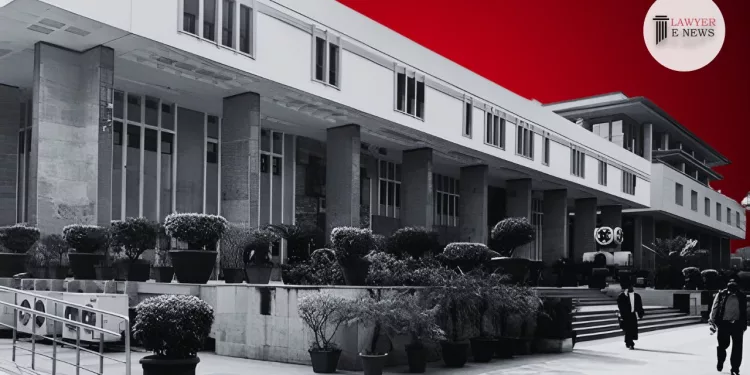Judicial Review Not a Gateway to Alter Disciplinary Decisions: Delhi HC Upholds Election Commission’s Penalties in Disciplinary Case

The High Court of Delhi, in a significant ruling, has upheld the disciplinary action taken by the Election Commission of India against Kumar Rajeev, underlining the limited scope of judicial review in disciplinary matters.
Legal Point:
The case, Kumar Rajeev vs. Election Commission of India, primarily revolved around the challenge to the order of the Central Administrative Tribunal which dismissed the Original Application filed by Rajeev. This application contested the penalties imposed on him, including compulsory retirement and withholding of promotion for five years. The heart of the matter was Rajeev’s false declarations concerning his parents’ income for CGHS benefits and a fraudulent claim of medical reimbursements.
Facts and Issues Arising in the Judgment:
Rajeev, a former assistant in the Election Commission, faced disciplinary proceedings due to false income declarations and fraudulent claims, leading to an initial penalty of compulsory retirement. This was later modified by the appellate authority to withholding of promotion for five years. Rajeev challenged these decisions, claiming the penalties to be excessive.
Court’s Assessment:
The court observed the limited scope of judicial review, emphasizing that “this Court cannot substitute the penalty imposed by the Disciplinary Authority by a different penalty.” The assessment also included:
Proportionality of Punishment: The High Court found no grounds to interfere with the modified penalty, considering the serious nature of the charges.
Role of Disciplinary and Appellate Authorities: The court recognized the roles of these authorities in determining suitable penalties, highlighting that the appellate authority’s decision took into account the petitioner’s conduct and circumstances.
Decision:
The court dismissed the writ petition, upholding the Tribunal’s decision and the disciplinary penalty imposed on Rajeev. It reasserted the principle that courts should not interfere in disciplinary matters where authorities have competently exercised their judgment.
Date of Decision: March 22, 2024
Kumar Rajeev vs. Election Commission of India






